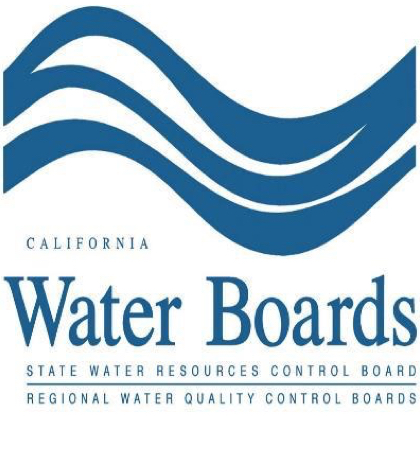A controversial plan designed to restore water flows through the Lower San Joaquin River and its tributaries—the Stanislaus, Tuolumne and Merced rivers—was approved by the State Water Resources Control Board (SWRCB) on Wednesday after a nine-year process whereby the SWRCB studied and analyzed options, and conducted one of the most extensive public outreach efforts in its history.
Approval of the Bay-Delta Water Quality Control Plan update for the Lower San Joaquin River and Southern Delta sets a starting point for increased flows but also makes allowances for reduced river flows on tributaries where stakeholders have reached voluntary agreements to pursue a combination of flow and “non-flow” measures that improve conditions for fish and wildlife, such as habitat restoration and reducing predation.
The water board has repeatedly emphasized that voluntary agreements can provide a faster, more durable solution to reasonably protect beneficial uses in the Lower San Joaquin River and its tributaries. However, the SWRCB has also witnessed a dramatic decline in the once-thriving populations of native fish species that migrate through and inhabit the Delta.
The status quo has seen some species decline to the brink of extinction. The water board has cited the statistics of the state’s Chinook salmon as an example — in 1984 about 70,000 fall-run Chinook salmon adults returned to the San Joaquin Basin. The number of returning adults dropped to 40,000 in 2010 and just 10,000 in 2016 and 2017.
“Californians want a healthy environment, healthy agriculture, and healthy communities, not one at the undue expense of the others,” said State Water Board Chair Felicia Marcus. “Doing that requires that the water wars yield to collective efforts to help fish and wildlife through voluntary action, which the plan seeks to reward. The collaborative spirit we heard today offers promise and motivation towards that goal.”
The approval of the Bay-Delta Water Quality Control Plan by the SWRCB followed testimony by leaders of the Department of Water Resources (DWR) and the Department of Fish and Wildlife that significant progress has been made among stakeholders to reach voluntary agreements on the Tuolumne River and tributaries of the Sacramento River. The SWRCB postponed a decision last month on the Bay-Delta Plan to allow time for discussions, especially voluntary agreements, to yield results.
Voluntary agreements including more than a dozen agencies in the Central Valley include contributions of floodplain management, habitat restoration, funding for science and conservation, and water. Agencies currently not participating in the voluntary agreements include Oakdale and South San Joaquin irrigation districts, both of whom have rights on the Stanislaus River. The Merced Irrigation District is also a non-participating agency.
In spite of the voluntary agreements under consideration, several water and irrigation agencies are looking at filing lawsuits over the recently announced SWRCB plan, including the Modesto and Turlock irrigation districts. If districts opt to file suit, they have only 30 days to file such challenges. The Modesto Bee has reported that, “Some believe that discussion of voluntary settlements may continue even if parties are battling in court.”
 California Water News Daily Your Source For Water News in California
California Water News Daily Your Source For Water News in California


